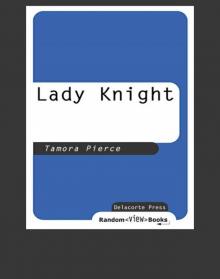 Lady Knight
Lady Knight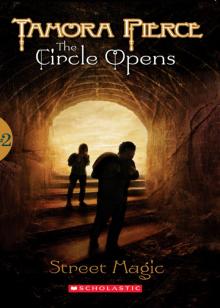 Street Magic
Street Magic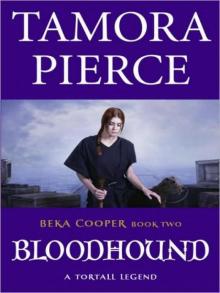 Bloodhound
Bloodhound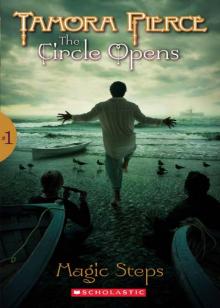 Magic Steps
Magic Steps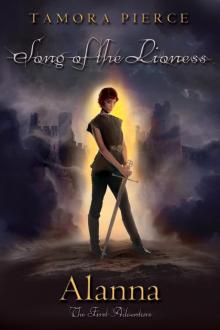 Alanna: The First Adventure
Alanna: The First Adventure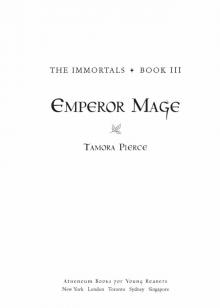 Emperor Mage
Emperor Mage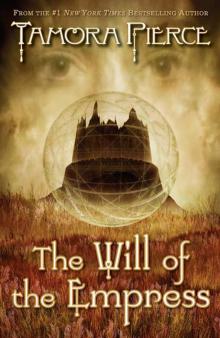 The Will of the Empress
The Will of the Empress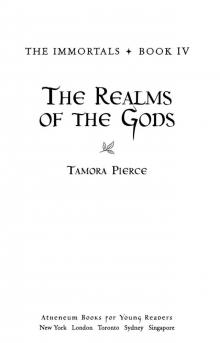 The Realms of the Gods
The Realms of the Gods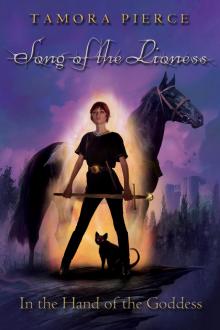 In the Hand of the Goddess
In the Hand of the Goddess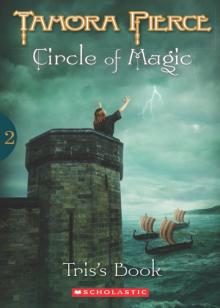 Tris's Book
Tris's Book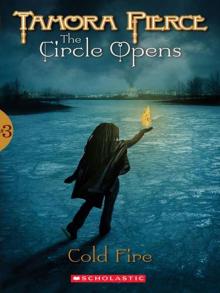 Cold Fire
Cold Fire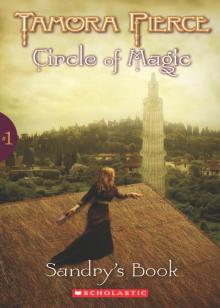 Sandry's Book
Sandry's Book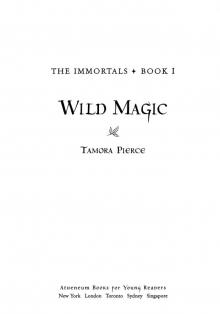 Wild Magic
Wild Magic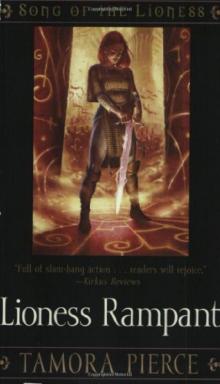 Lioness Rampant
Lioness Rampant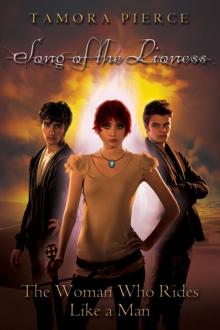 The Woman Who Rides Like a Man
The Woman Who Rides Like a Man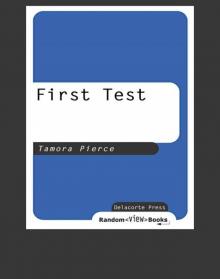 First Test
First Test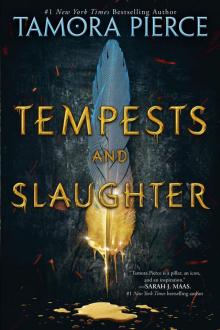 Tempests and Slaughter
Tempests and Slaughter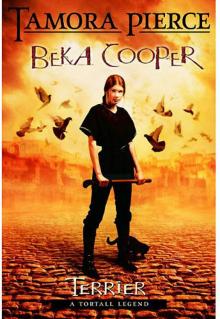 Terrier
Terrier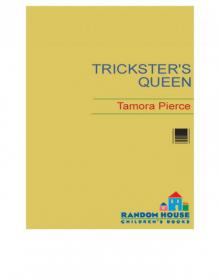 Trickster's Queen
Trickster's Queen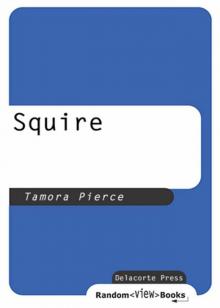 Squire
Squire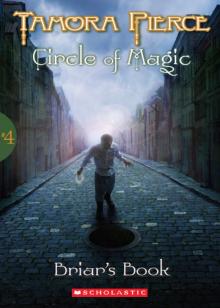 Briar's Book
Briar's Book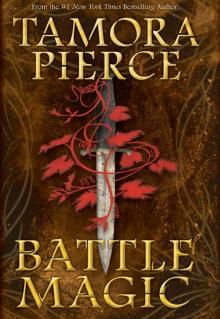 Battle Magic
Battle Magic Page
Page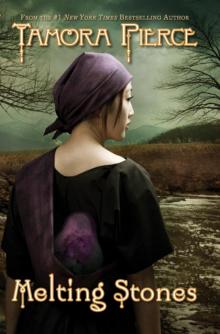 Melting Stones
Melting Stones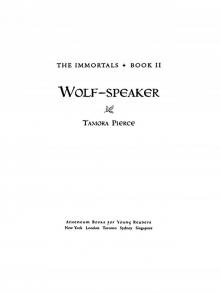 Wolf-Speaker
Wolf-Speaker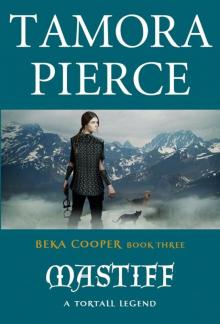 Mastiff
Mastiff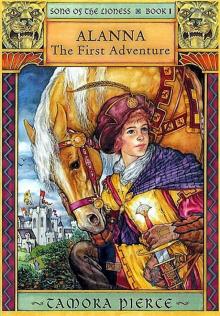 The Song Of The Lioness Quartet #1 - Alanna - The First Adventure
The Song Of The Lioness Quartet #1 - Alanna - The First Adventure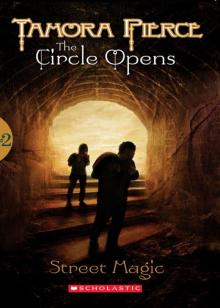 The Circle Opens #2: Street Magic: Street Magic - Reissue
The Circle Opens #2: Street Magic: Street Magic - Reissue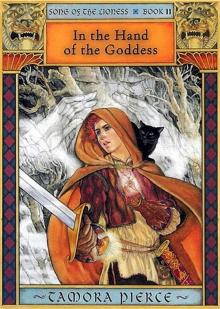 Tortall 1 - Song Of The Lioness #2 - In The Hand of the Goddess
Tortall 1 - Song Of The Lioness #2 - In The Hand of the Goddess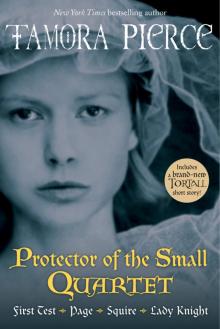 Protector of the Small Quartet
Protector of the Small Quartet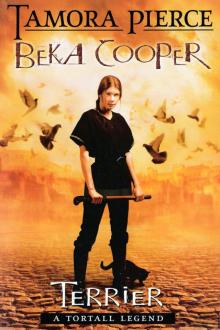 Beka Cooper 1 - Terrier
Beka Cooper 1 - Terrier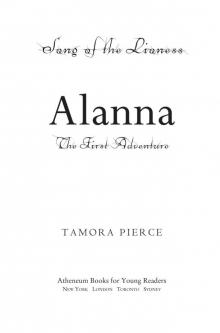 Alanna
Alanna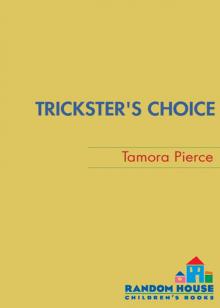 Trickster's Choice
Trickster's Choice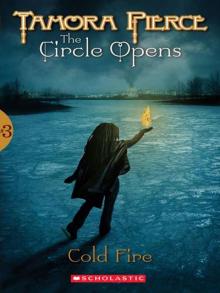 Circle Opens #03: Cold Fire
Circle Opens #03: Cold Fire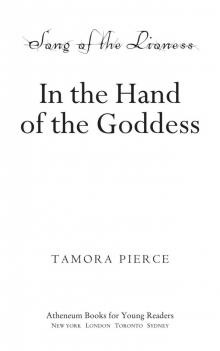 In the Hand of the Goddess (The Song of the Lioness)
In the Hand of the Goddess (The Song of the Lioness)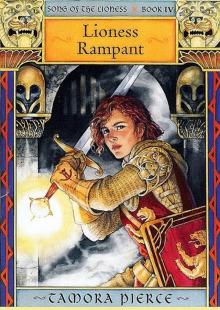 Song of the Lioness #4 - Lioness Rampant
Song of the Lioness #4 - Lioness Rampant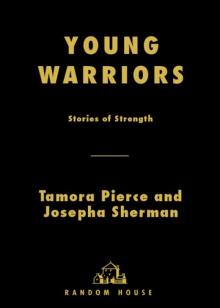 Young Warriors
Young Warriors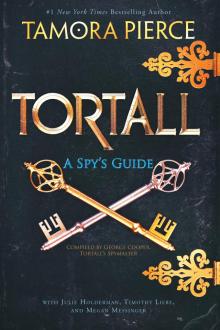 Tortall
Tortall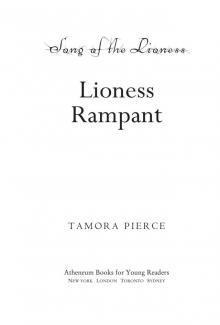 Lioness Rampant (Song of the Lioness)
Lioness Rampant (Song of the Lioness)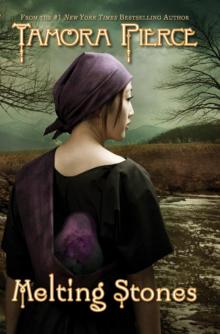 Melting Stones (Circle Reforged)
Melting Stones (Circle Reforged)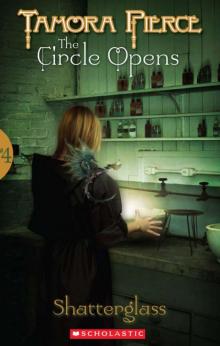 The Circle Opens #4: Shatterglass
The Circle Opens #4: Shatterglass